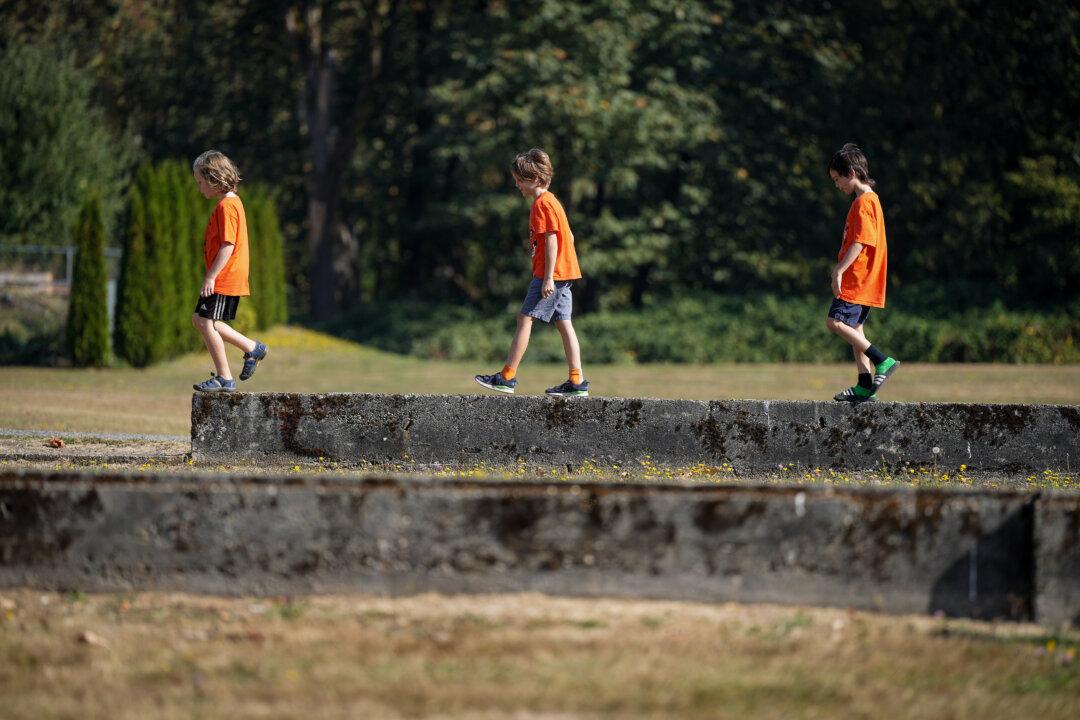Ottawa is removing its recently imposed $500,000 cap for funding focused on locating or memorializing children who didn’t return home from residential schools.
The government reversed last month’s decision to limit federal funding for the Residential Schools Missing Children Community Support program to $500,000 per community—a significant reduction from the previous annual cap of $3 million, says Crown-Indigenous Relations Minister Gary Anandasangaree.





